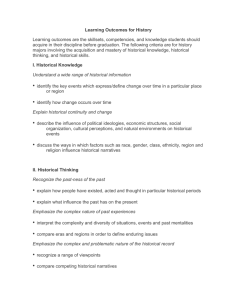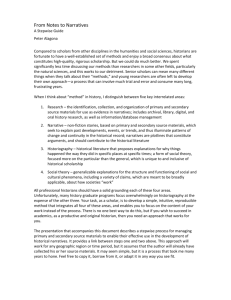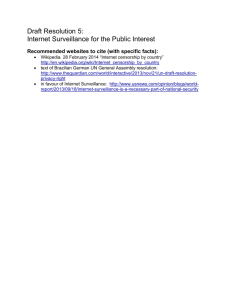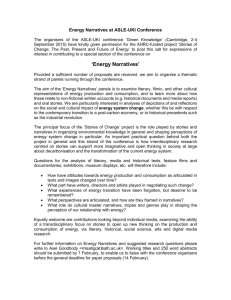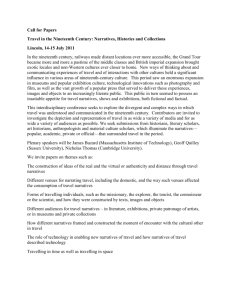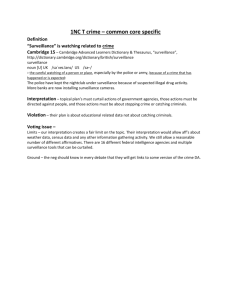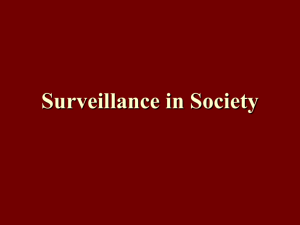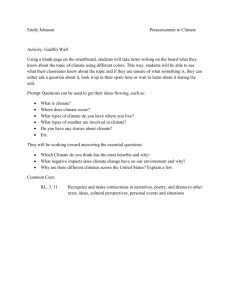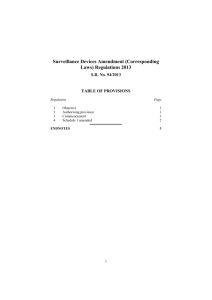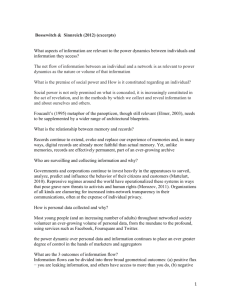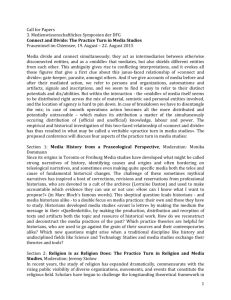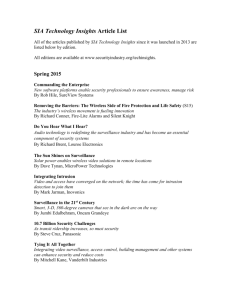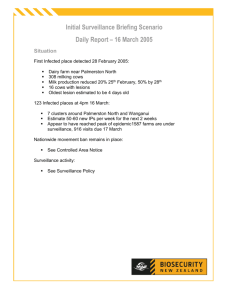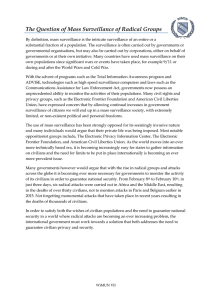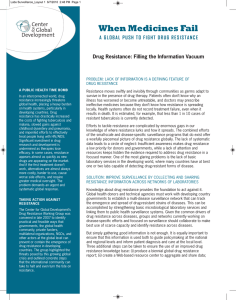Baesler, John
advertisement
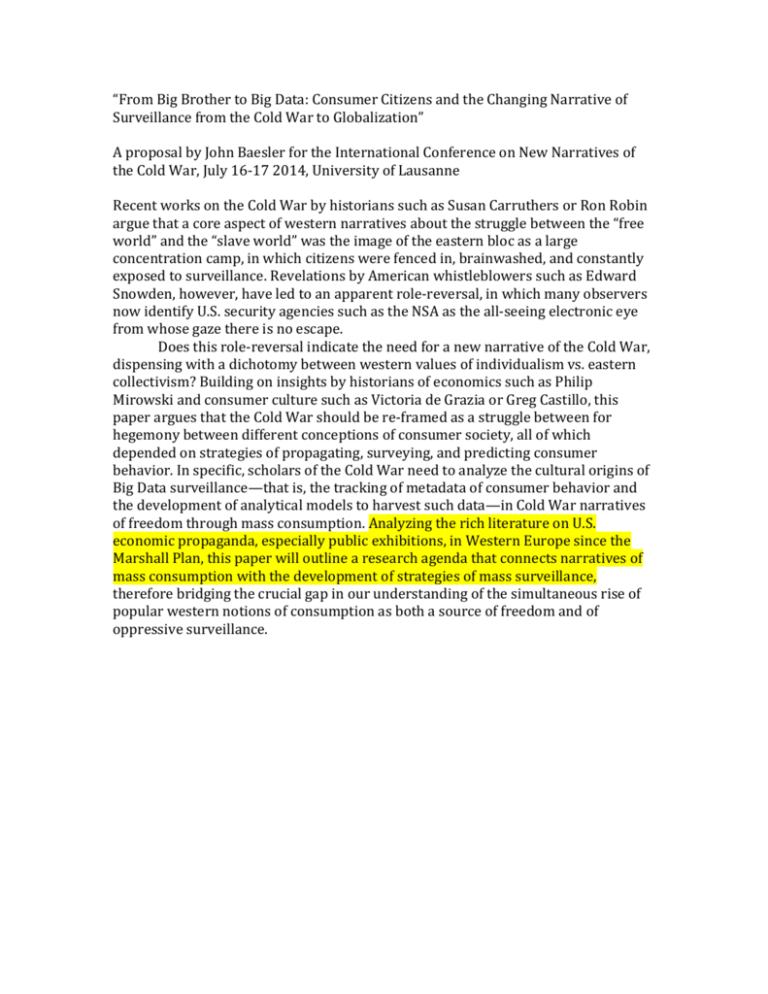
“From Big Brother to Big Data: Consumer Citizens and the Changing Narrative of Surveillance from the Cold War to Globalization” A proposal by John Baesler for the International Conference on New Narratives of the Cold War, July 16-17 2014, University of Lausanne Recent works on the Cold War by historians such as Susan Carruthers or Ron Robin argue that a core aspect of western narratives about the struggle between the “free world” and the “slave world” was the image of the eastern bloc as a large concentration camp, in which citizens were fenced in, brainwashed, and constantly exposed to surveillance. Revelations by American whistleblowers such as Edward Snowden, however, have led to an apparent role-reversal, in which many observers now identify U.S. security agencies such as the NSA as the all-seeing electronic eye from whose gaze there is no escape. Does this role-reversal indicate the need for a new narrative of the Cold War, dispensing with a dichotomy between western values of individualism vs. eastern collectivism? Building on insights by historians of economics such as Philip Mirowski and consumer culture such as Victoria de Grazia or Greg Castillo, this paper argues that the Cold War should be re-framed as a struggle between for hegemony between different conceptions of consumer society, all of which depended on strategies of propagating, surveying, and predicting consumer behavior. In specific, scholars of the Cold War need to analyze the cultural origins of Big Data surveillance—that is, the tracking of metadata of consumer behavior and the development of analytical models to harvest such data—in Cold War narratives of freedom through mass consumption. Analyzing the rich literature on U.S. economic propaganda, especially public exhibitions, in Western Europe since the Marshall Plan, this paper will outline a research agenda that connects narratives of mass consumption with the development of strategies of mass surveillance, therefore bridging the crucial gap in our understanding of the simultaneous rise of popular western notions of consumption as both a source of freedom and of oppressive surveillance.
